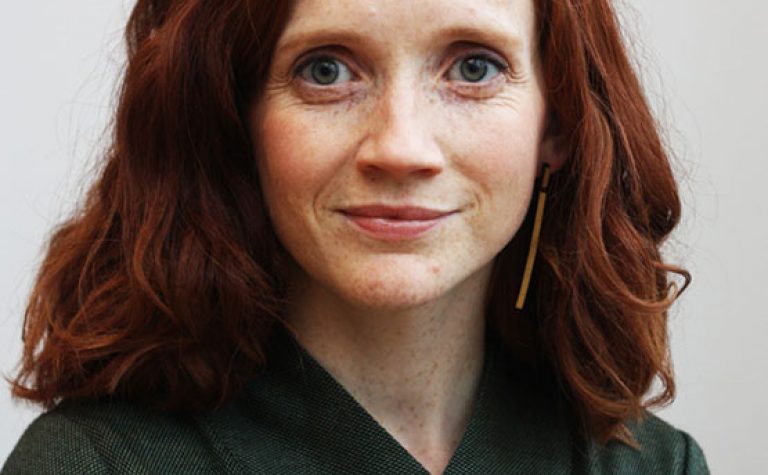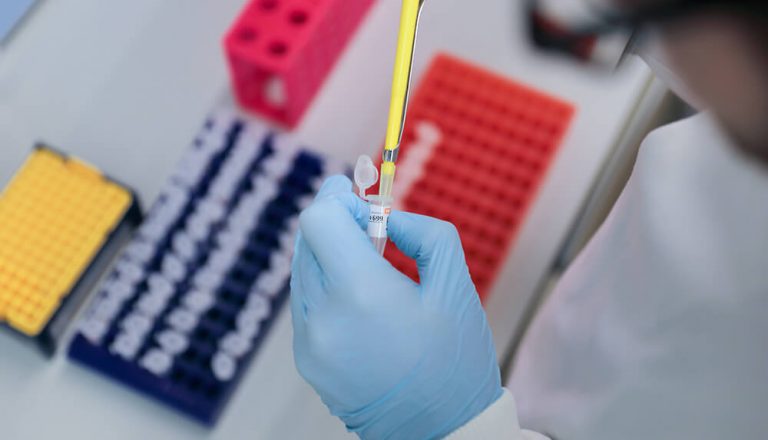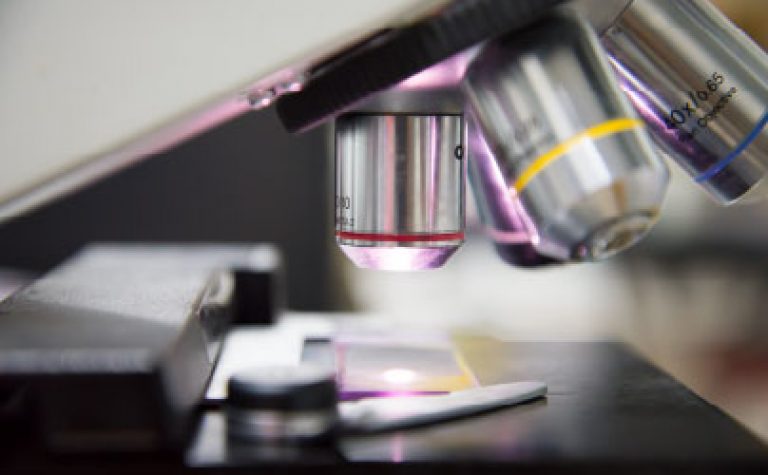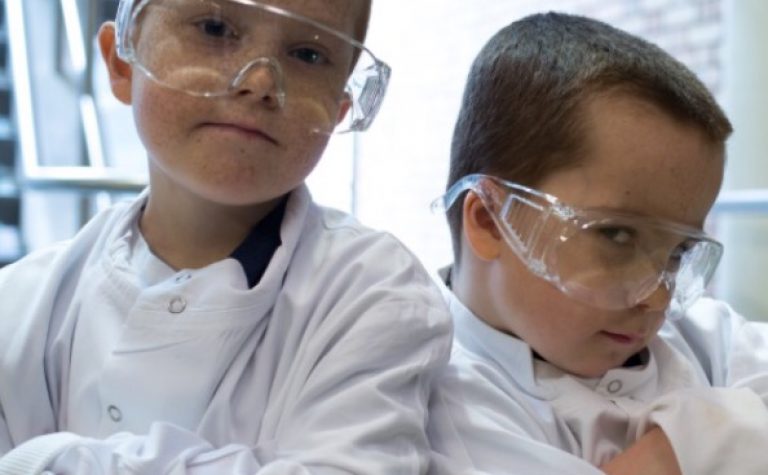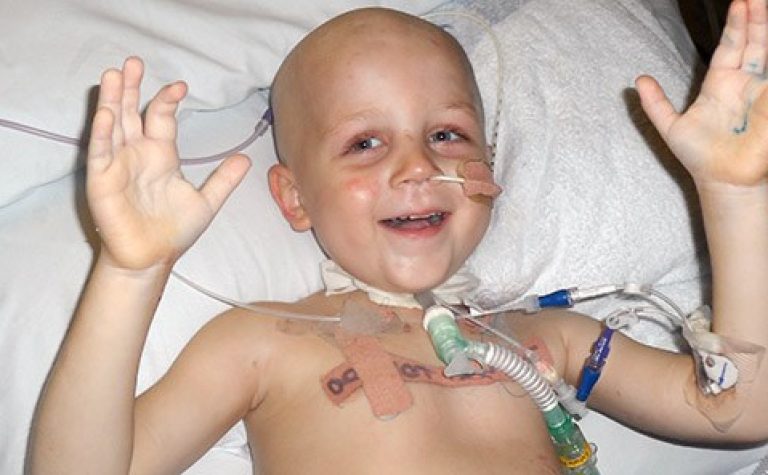Advances in modern intensive chemotherapy have revolutionised childhood leukaemia treatment. Unfortunately, patients who have relapsed disease have a poor response to chemotherapy and in the UK leukaemia still accounts for 30% of cancer deaths in children (Data from Cancer Research UK). Those with ‘high risk’ disease are treated with more intensive chemotherapy and bone marrow transplants. This treatment is prolonged, intensive and causes short and long term side effects.
Dr Clesham aims to exploit the anti-leukaemic actions of existing medications to kill leukaemia cells. Specifically, they will target the cellular pathways hijacked by cancer genes. Her team have identified common drugs that have exciting potential for use in the clinic and they aim to evaluate their anti-leukaemia activity in pre-clinical experiments. Their goal is to take these drugs into early phase clinical trials.
Thank you
This research project on leukaemia has been successfully completed. Your donations allow us to fund ground-breaking research that can improve treatments given to children with cancer. Thank you. Your help allows us to continue to find ways to drive up the chances of survival for children with cancer and reduce the toxic side effects that can affect the rest of their lives.
